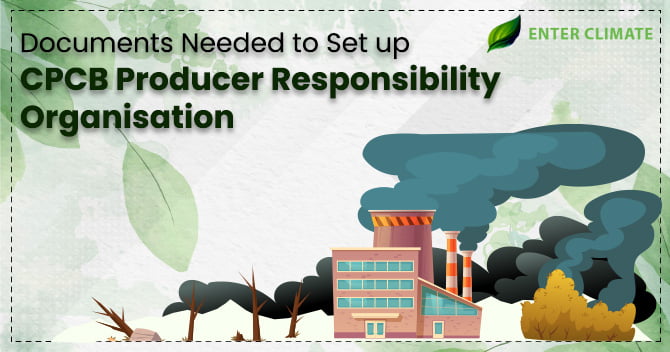
Documents Needed to Set...
The E-Waste (Management) Rules of 2016 define Producer Responsibility Organisations under Rule 3(dd) as professional organisations authorised or financed collectively or individually by producers. The....Read More
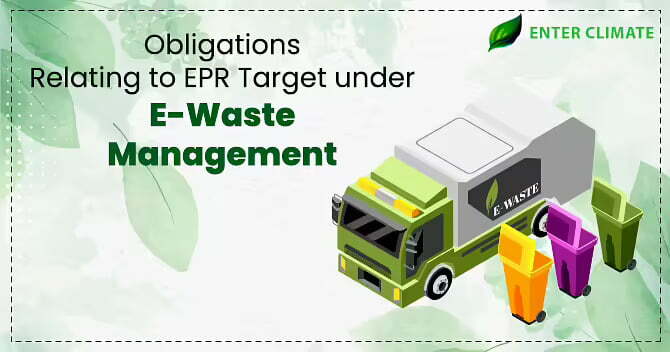
Obligations Relating to...
EEE (Electric or Electronic Equipment) have become an essential part of everyone’s life, especially with the spread of the pandemic. But this development and influx of products in the market,.......Read More
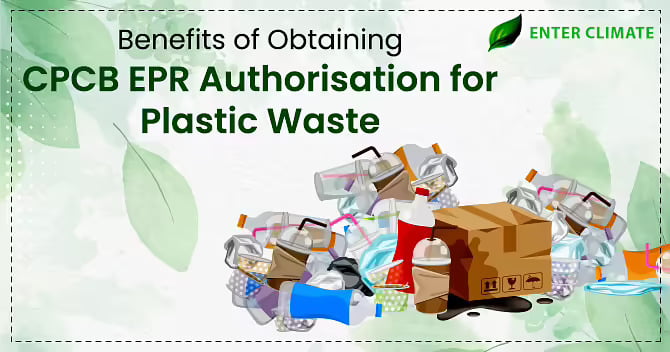
Benefits of Obtaining C...
The industrialisation has mainly contributed to the development of the world with the introduction of mass manufacturing and assembly process to increase production and maintain the influx of new prod....Read More
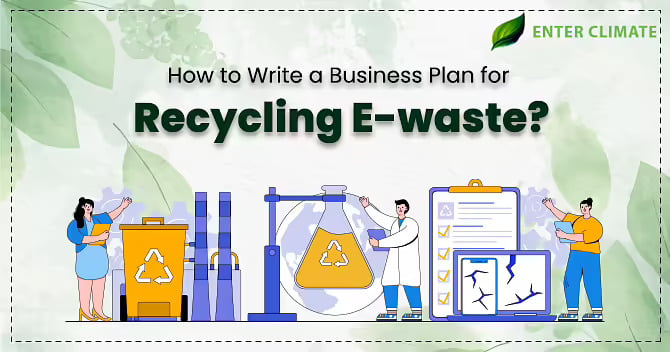
How to Write a Business...
With the constants influx of new technology and gadgets in the market, the amount of E-Waste is also growing, causing the need for proper classification of E-Waste into different categories....Read More

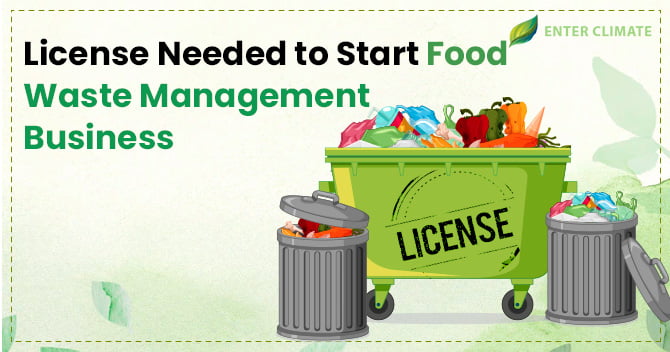
License Needed To Start...
Food waste includes cooked and processed food items as well as uncooked food items. Food waste management is of grave concern in a vast country like India. Waste is not....Read More
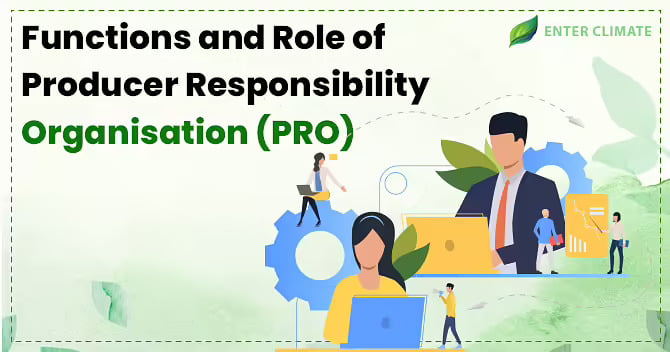
Functions and Role of P...
PRO or Producer Responsibility Organisation is defined as the enterprise that is delegated with the Producer’s responsibility to fulfill their Extended Producers’ Responsibility pertaining to coll....Read More

Consent to Operate Cert...
The world is slowly realizing the lethal consequences of increasing pollution primarily caused by industrial waste that they carelessly dispose of to the human health and environment, have provoked ma....Read More
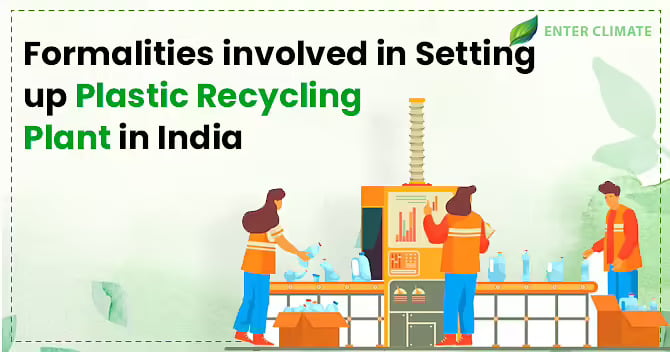
Formalities involved in...
Plastic is defined as a group of materials, either naturally or synthetically made, that can be molded into any shape. Plastic is also a type of polymer that is made....Read More
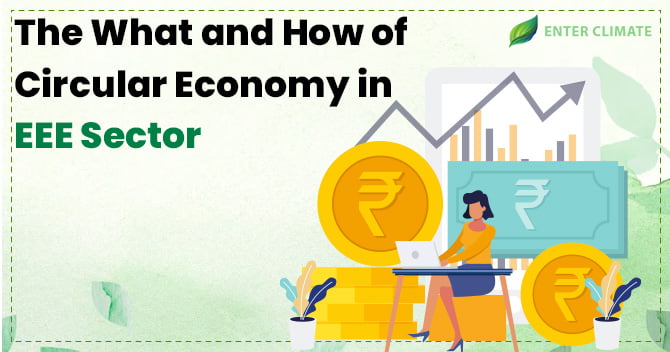
The What and How of Cir...
The circular economy is defined as the economic model of production and consumption, which mainly involves repairing, reusing, recycling, refurbishing, sharing and leasing the materials, thereby exten....Read More

E-Waste Auction Regulat...
Auctions are not just an event for sale and purchase. They can also act as an opportunity for any waste-related business that wants to take its business to the next....Read More












